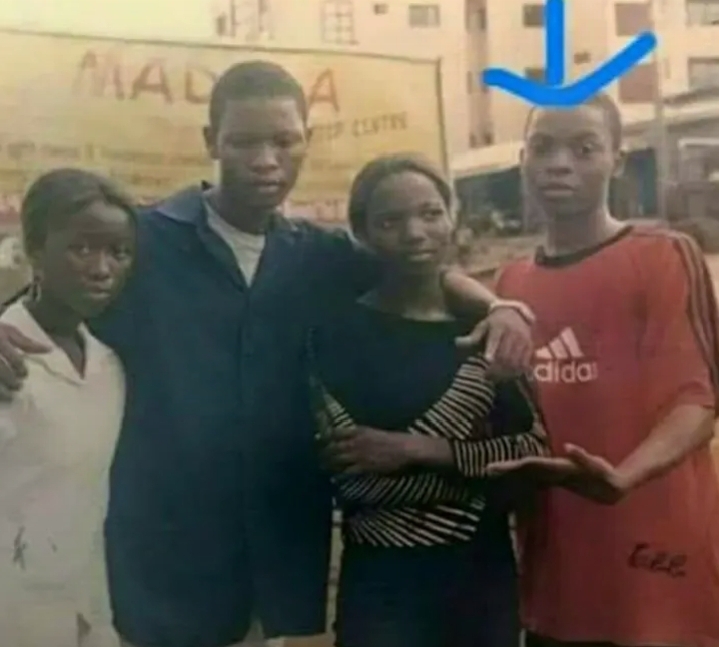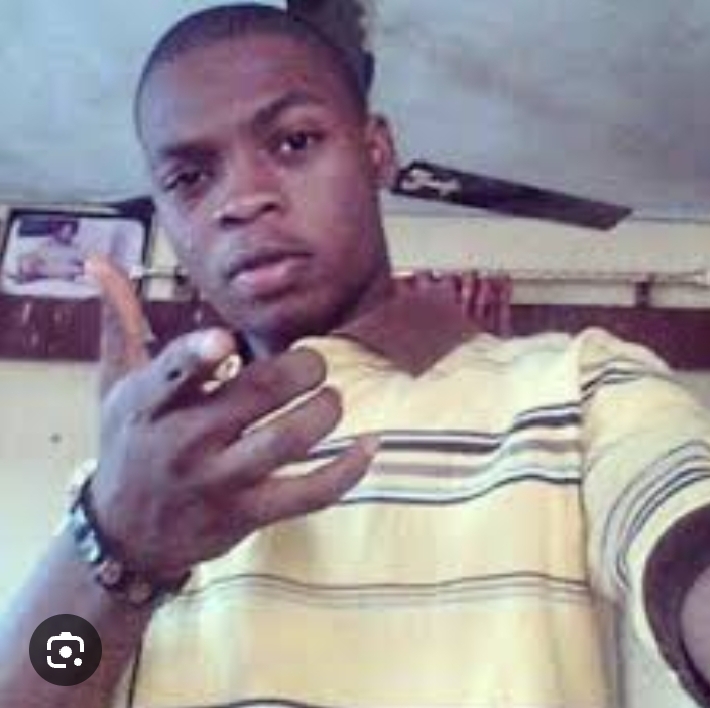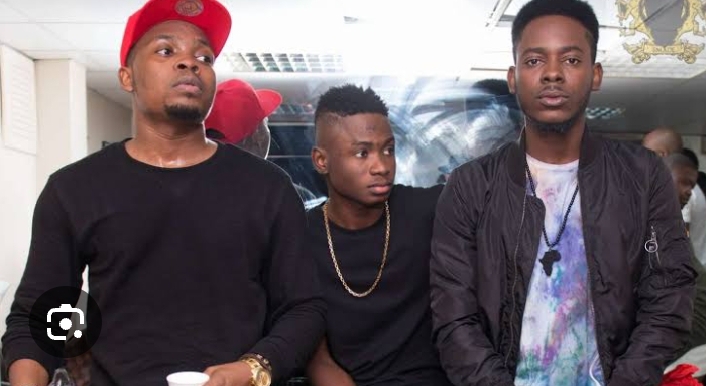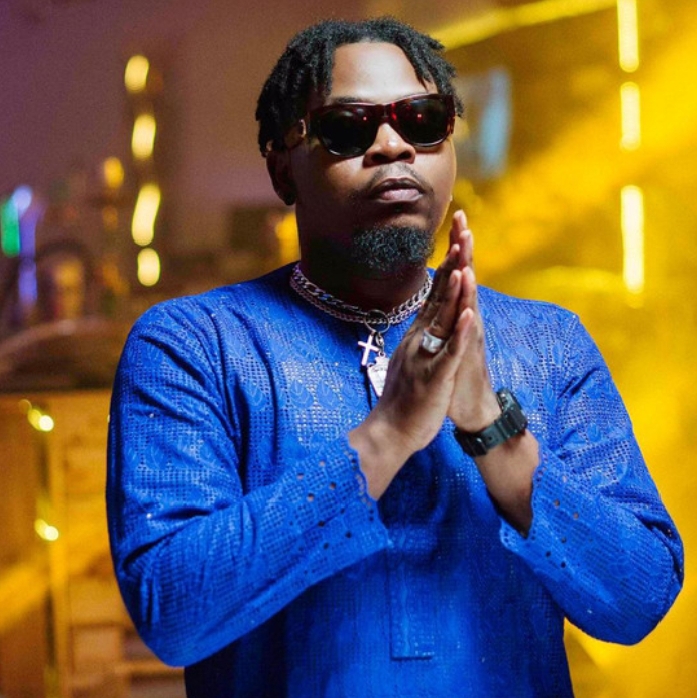In an industry powered by noise, Olamide built an empire in silence.
No flamboyant boardroom selfies. No billionaire branding. Just quiet power moves—one artist, one record, one revenue stream at a time.
From the alleys of Bariga to the vaults of EMPIRE Distribution in California, the man once crowned “King of the Streets” has become something else entirely: a cultural capitalist shaping the next generation of African wealth.
This is not just an article about a rapper.
It’s the blueprint of a man who turned YBNL into a talent factory, music into equity, and influence into infrastructure.
From Bariga to Global Stage: The Rise of “Baddo“

Born Olamide Gbenga Adedeji on March 15, 1989, in Bariga, Lagos State, Olamide’s early journey is one of gritty determination. He dropped out of Tai Solarin University where he studied Mass Communication to pursue music full-time.
Starting under Coded Tunes, he unleashed his debut in 2010 with Rapsodi and breakthrough hit “Eni Duro.” In 2012, he founded YBNL Nation—Yahoo Boy No Laptop Nation—a record label deeply rooted in street culture and independence .
YBNL Nation: From Survival Tool to Strategic Incubator

Founded in 2012, YBNL (Yahoo Boy No Laptop) was initially a survival platform. After a short stint with ID Cabasa’s Coded Tunes, Olamide needed an independent structure to distribute music and collect income from shows and mobile ringtones. What began as a self-reliance play evolved into a business model.
The key shift? Olamide did not just release his own music. He signed and invested in others.
Between 2014 and 2017, YBNL incubated artists like:
Lil Kesh, whose viral hit “Shoki” dominated the street wave.
Adekunle Gold, whose debut album Gold would go on to win international acclaim.

Chinko Ekun, Viktoh, and Temmie Ovwasa, all launched with a mix of street appeal and genre experimentation.
Olamide’s incubation model worked like a music venture capital system. Artists received branding, visibility, production, and endorsement leverage — often without long-term entanglements. Once they gained popularity, most transitioned independently, keeping their catalog.
In 2020, YBNL secured a global distribution partnership with Empire, a U.S.-based company managing international releases for artists like Fireboy DML, and eventually Asake. This deal formalized YBNL’s global streaming presence and ensured back-end infrastructure for newer talents.

As Fireboy DML and Asake climbed global charts, YBNL became less of a label and more of a scalable platform — built on Olamide’s silent ownership and artist-first philosophy.
Catalog Power: The Financial Worth of Olamide’s Music
Olamide’s music footprint spans nine albums, two EPs, and over 200 commercially released songs, many of which still dominate streaming in Nigeria. His discography includes:
- Rapsodi (2011)
- YBNL (2012)
- Baddest Guy Ever Liveth (2013)
- Eyan Mayweather (2015)
- Carpe Diem (2020)
- UY Scuti (2021)
- Unruly (2023)
In an era where catalog ownership matters more than radio buzz, Olamide’s streaming strategy reflects long-term thinking.
Estimated Earnings from Streaming:
Olamide’s solo catalog: ~300M–500M Spotify streams.
Fireboy DML and Asake (YBNL-signed): Over 2B combined.
Streaming revenue (Spotify, Apple Music, Boomplay, Audiomack): At a conservative $0.0025/stream, that’s an estimated $750,000 to $1.25M/year on catalog streaming alone.
Artist Empire: Fireboy, Asake, and YBNL’s Second Wave

In business terms, Olamide didn’t just scale himself — he built revenue-generating assets in Fireboy DML and Asake.
Fireboy DML, signed to YBNL in 2018, broke out with Laughter, Tears and Goosebumps and hit single “Peru,” later remixed with Ed Sheeran. The track has over 100M+ Spotify streams, and his albums have charted globally.
Asake, who joined YBNL in 2022, became an overnight global sensation with songs like “Sungba” and “Organise.” His style — fast-paced Fuji-inflected Afrobeats — exploded across Africa and diaspora markets.
Olamide serves as executive producer, arranger, and image consultant. His business decisions — from choosing Empire for global rollout to coordinating rollouts with Apple Music and Spotify Africa — elevated these artists.
Through this model, YBNL functions not as a rigid label but a creative holding company. It provides marketing, production, and strategic connections, allowing artists to scale quickly — and, sometimes, exit without drama.
Olamide’s Real Money Moves – Explained
Endorsements: Brand Partnerships Worth Millions
Olamide’s cultural resonance has translated into brand capital. He’s not a typical “Instagram influencer” — his endorsements are selective, often large, and long-term.
Key Deals:
Etisalat Nigeria: First endorsement in 2013, reportedly worth ₦50 million (about $320,000 at the time).
Guinness Nigeria: 2014 “Made of Black” campaign ambassador, ~₦80M over 2 years.
Cîroc Vodka: Joined the global campaign as a Nigerian face in 2015.
Glo Mobile: Signed in 2017 for ~₦120M, alongside P-Square.
Access Bank & Sterling Bank: Used Olamide for SME campaigns and youth-targeted branding.
Play Nigeria TV, Goldberg, Monster Energy: Smaller brand activations.
Endorsements have contributed an estimated ₦400M–₦600M ($1M–$1.5M) across a decade — not including backend brand equity or stock-based deals.
Real Estate and Fuel: Quiet but Expanding Moves

Olamide keeps a low media profile, but he’s made smart offline investments.
Real Estate:
Lekki Mansion: Bought in 2015, estimated ₦38M. Renovated in 2019 with studio integration.
Abuja Property Partnership: In 2025, Olamide became a face of T-Pumpy Real Estate’s Apo-Gude Mega City in Abuja. The deal, while promotional, includes land holdings and construction investment, according to project insiders.
Petrol Stations:
He reportedly owns two functional fuel stations in Lagos and one in Ogun State, under a local franchise brand. While unconfirmed by public records, the info circulates from sources close to Rain Oil retail.
Lifestyle Assets: Cars, Houses, and Family
Though he avoids social media flamboyance, Olamide owns:
Cars: Range Rover Sport, Bentley Continental GT, Mercedes Benz G-Wagon, Hummer H2.

Secondary Homes: Reports suggest a family residence in Bariga (still maintained) and a private estate in Ogun State.
Studio Infrastructure: His personal studio complex in Lekki is used for all YBNL production.
His lifestyle mirrors his brand: grounded, wealthy, and private.
Lifestyle Frugality + Financial Privacy
Rarely flaunts wealth or posts about new purchases.
Reportedly manages his finances without flamboyance, unlike peers who burn through music mone
Numbers at a Glance: How Much Is Olamide Actually Worth?
Estimates range:
$12 million (Kashgain, 2025)
$15–20 million (Zikoko, 2025)
$55 million–$70 million (TopNews/NaijaPop, varied estimates)
Discrepancies reflect differing valuation methods—some include projected royalties, real estate, endorsements, and label share. Regardless, he’s consistently ranked among Nigeria’s top 5–10 richest musicians.
FINAL THOUGHTS: The Quiet Logic Behind Olamide’s Empire
Olamide’s journey offers something rare in the Nigerian entertainment economy: consistency without noise, and wealth without waste. While others chase headlines, he builds infrastructure.
While peers expand into the U.S. or Europe for validation, Olamide tightens distribution, scales his label, and maximizes return on domestic and diaspora audiences. It’s a calculated strategy — not one of hype, but of longevity.
In many ways, Olamide has quietly redefined what success looks like in Nigerian pop culture. He didn’t need crossover albums, international award shows, or billionaire headlines. Instead, he built what few others have: an African creative economy model that works — profitably, locally, and sustainably.
That’s the real empire. Not just the music. But the money moves it made possible.













Leave a comment